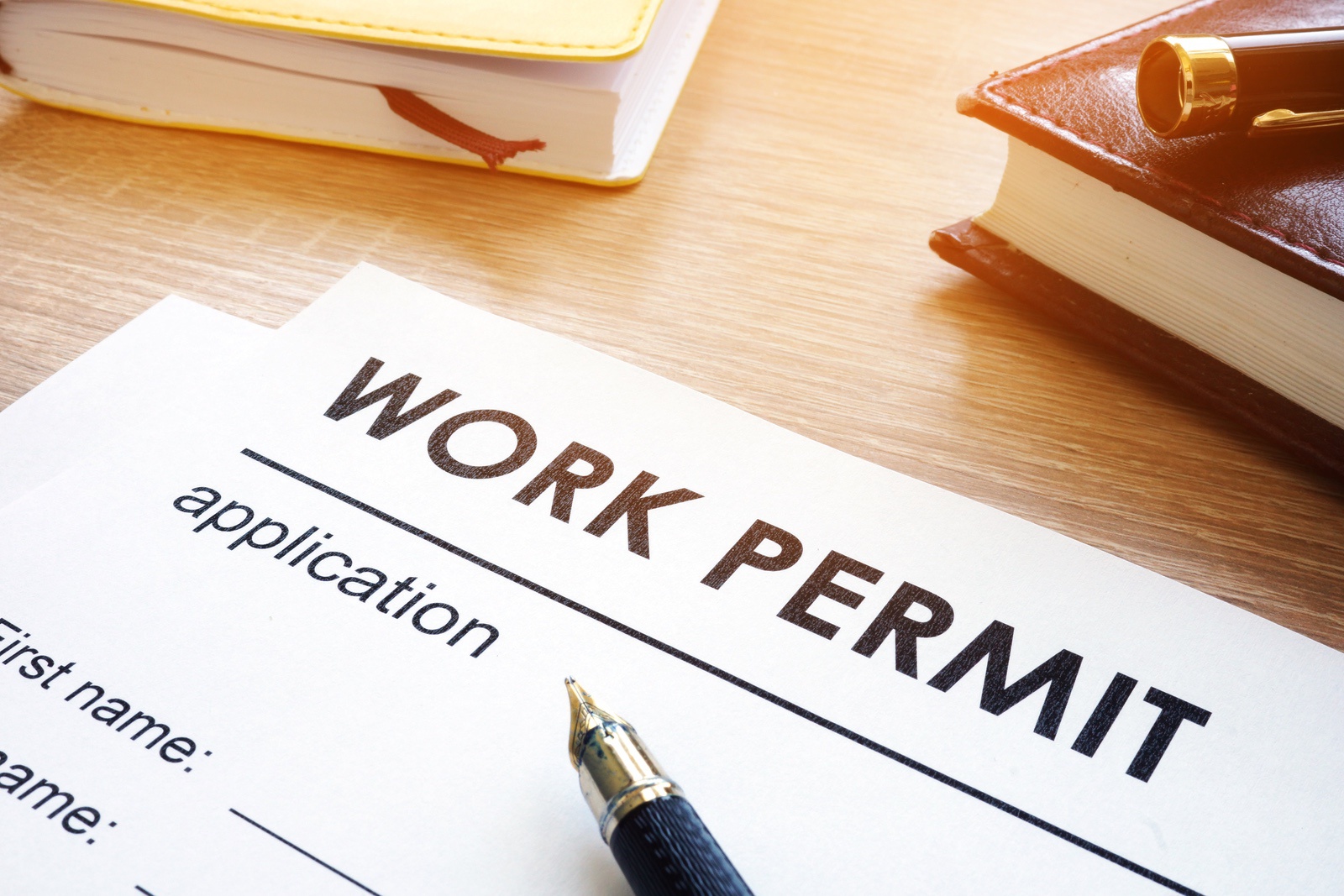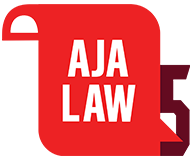
Blog
Breaking Down Barriers: A Comprehensive Guide to Philippine Work Permits

Why Does Compliance Matter?
For foreign nationals eyeing employment opportunities in the Philippines, it’s not just about landing a job; for employers eyeing to hire foreign nationals, it’s not just about finding the right candidate—it’s about navigating the complex web of legal requirements with precision. Securing the right work permit is more than a formality; it’s a safeguard against potential legal pitfalls that could range from financial penalties to both the foreign national and the employer to deportation of the foreign national. This guide provides an essential roadmap for both employers and employees to ensure full compliance with Philippine laws.
Who Needs a Work Permit?
As a general rule, all foreign nationals who intend to engage in gainful employment in the Philippines must obtain a work permit.1
EXCEPTIONS
Noteworthy exceptions for certain individuals based on existing laws or guidelines2:
- Dependent Spouses of Diplomats: Spouses of diplomatic corps members, provided there are reciprocal agreements between their countries and the Philippines.
- Officials of International Organizations: Accredited officials and/or personnel and their spouses from organizations with agreements with the Philippine Government.
- Embassy Staff: Foreign nationals working in embassies based on the principle of extraterritoriality in international law.
- Peacekeeping or International Organization Staff: Officers and staff either deployed in the Philippines or invited by Non-Governmental Organizations, without engaging in paid employment.
- Visiting Academics: Foreign nationals visiting to teach, present, or conduct research under formal agreements between educational institutions or governments, subject to reciprocity.
- Permanent and Temporary Residents: Permanent resident foreigners and those with probationary or temporary resident visas.
- Refugees and Stateless Persons: Individuals recognized by the Department of Justice as such under the 1951 and 1954 UN Conventions.
- Legally Exempt Foreign Nationals: Those granted exemptions by Philippine law.
Instead of a work permit, the aforementioned individuals must apply for a Certificate of Exclusion/Exemption before the Department of Labor and Employment (DOLE).
What Are the Types of Work Permits?
Understanding the right type of work permit is crucial for aligning with the specific requirements of the intended job role and duration:
- Alien Employment Permit (AEP): Permit issued by the Department of Labor and Employment, valid for the duration of employment up to three years.
- Provisional Work Permit (PWP): Permit issued by the Bureau of Immigration, allows foreign nationals to start work immediately while their Alien Employment Permit (AEP) or 9(g) commercial employment visa applications are pending.3 Validity is until a 9(g) working [commercial] visa has been issued in favor of the Applicant up to three (3) months, whichever comes first.
- Special Work Permit (SWP): Permit issued by the Bureau of Immigration, ideal for brief, high-level assignments, such as executives and specialists, lasting three to six months.
What is the Application Process for AEP in the Philippines?
Navigating the application labyrinth for a work permit in the Philippines is crucial for ensuring a smooth transition into your new role. Before initiating the AEP application process, it is essential that the employer must first complete the establishment registration. This confirms the company’s legal status and compliance with Philippine law by validating details like business nature and structure. It not only streamlines future permit applications but also establishes the company’s ability to legally employ foreign nationals.
With the employer establishment registration in place, here’s how to seamlessly manage the AEP application process:
Preparing the Documentary Requirements for Your AEP Application
Securing an AEP requires a comprehensive set of documents to ensure compliance with the Department of Labor and Employment (DOLE). Here’s a detailed list of what you’ll need to prepare for your application:
- Application Form: The official DOLE form to start the AEP process.
- List of AEP Applicants: A detailed list of all foreign nationals of the employer applying for the permit.
- Notarized Contract of Employment: The official employment agreement between the employer and the foreign national.
- Copy of Passport Bio page with Valid Visa: This is essential for verifying the identity and legal entry of the applicant into the Philippines.
- Verified BIR Form 1904 or 19102: This tax form is necessary to ensure the applicant is registered with the Bureau of Internal Revenue.
- Proof of Publication of Job Vacancy: The documentation showing that the job was advertised locally pursuant to the labor market test required by DOLE.
- Notarized Affidavit: An affidavit stating that no suitable Filipino applicants were found or considered for the position.
- Service Contract between the Employer and DOLE Accredited Entity: The contract outlining the terms of service with the accredited entity involved
- Accreditation ID: An ID proving that the entity handling the application is accredited by DOLE.
- Applicant’s 2×2 Picture in White Background: A recent, clear photo of the applicant.
- Duly Accomplished Data Privacy Consent Form: This form ensures compliance with data protection regulations.
Each document plays a critical role in the approval process of an AEP, underscoring the importance of accurate, complete submissions to avoid delays or denials of the permit.
Finding an Accredited Entity for Your AEP Application
Under DOLE Department Order No. 221-A series of 2022, only entities or individuals accredited by DOLE are authorized to apply for an AEP or a Certificate of Exclusion/Exemption for employers or their foreign national employees. Eligible entities for obtaining these accreditations include: (1) Consultancy firms; (2) Law offices; and (3) Employer-designated representatives.
These registered firms and individuals are the only ones legally allowed to handle such transactions.
Note that for Provisional and Special Work Permits, it is also essential to engage an accredited entity for the application process since the Bureau of Immigration permits only accredited personnel to conduct transactions with them.
Submitting Your AEP Application
AEP applications must be submitted to the designated DOLE Regional Office (DOLE-RO) with territorial jurisdiction over the foreign national’s intended place of work. Each regional office may have different procedures; some accept online submissions, while others require in-person applications. It is important to know the specific process to ensure that your application is handled efficiently and effectively.
Moreover, timing your application is as critical as the information it contains. The application must be filed within ten (10) working days from the signing of the employment contract, or ideally, before a foreign national commences their employment. Incomplete applications are not accepted, highlighting the necessity of thorough preparation and proactive submission.
What are the Implications of Non-Compliance?

The consequences of failing to comply with the Philippine work permit regulations can be more than just a minor setback. The Department of Labor and Employment Regional Office (DOLE-RO) has the authority to impose significant fines on both the foreign national and their employer for each instance of non-compliance. These fines are set at Ten Thousand Pesos (P10,000.00) per year or fraction thereof for each violation.
Additionally, if a foreign national assumes a new role within the same company, or transitions to a role in a related company during the validity or renewal period of their AEP, they must meet publication requirements. Any change in position or employer mandates a new AEP application to avoid penalties for non-compliance.
Navigating the complexities of securing work permits and identifying an accredited entity to facilitate the process can be challenging. Collaborating with a recognized law firm like AJA Law can simplify these steps. Our team provides comprehensive support, from registering employer establishments to applying for work permits, and further assisting with the subsequent work visa acquisition. By choosing to work with us, you’re opting for a seamless approach to managing international hires, ensuring your entry into the Philippine job market is both legally compliant and professionally coordinated.
Prepared by Aira Nikka S. Montemayor.
FOOTNOTES
- Section 1, Department of Labor and Employment Department Order NO. 221 Series of 2021
- Section 18, Department of Labor and Employment Department Order NO. 221 Series of 2021
- Bi Operation Order Sbm-No. 2013-019

